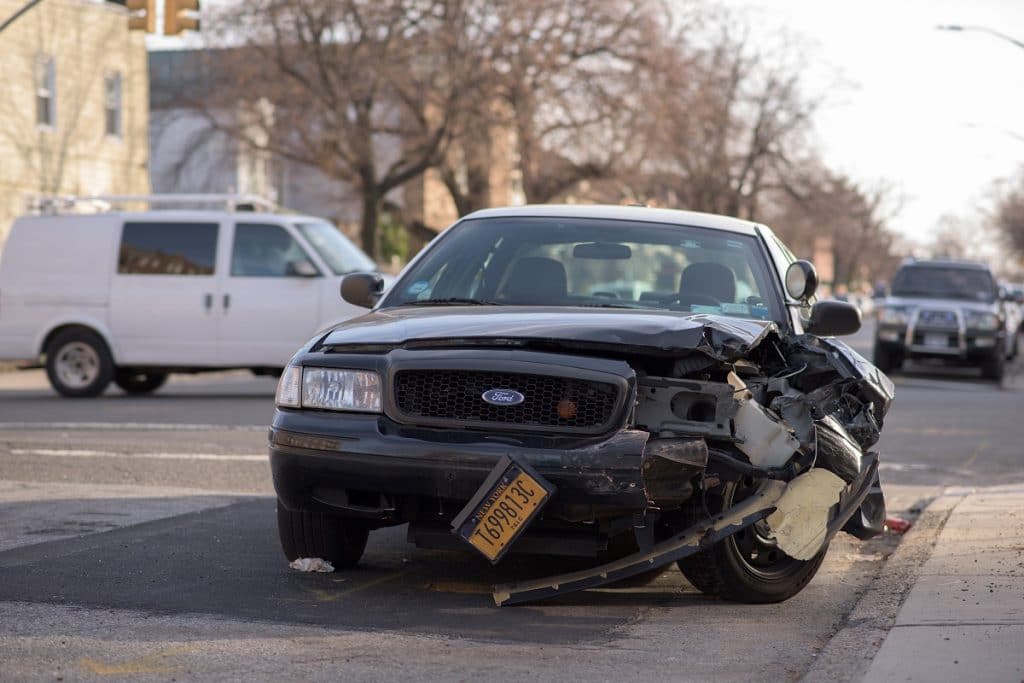Traffic accidents involving children increased by 8% between 2020 and 2021, with 162,298 kids injured and 26,325 killed. Car accidents can be traumatic experiences for anyone, but they can be especially distressing for children. As a parent, it’s essential to recognize the signs of trauma and provide the necessary support to help your kids cope and recover.

Here are some strategies to help your children navigate the aftermath of a car accident.
Acknowledge Their Feelings
The first step in helping your kids cope is to acknowledge their feelings. Children may experience a range of emotions after a car accident, including fear, anxiety, anger, and sadness. Validate their feelings and let them know that it’s normal to feel this way. Encourage them to express their emotions openly and honestly, and listen to their concerns without judgment.
Provide Reassurance
Children need reassurance after a traumatic event like a car accident. Studies show that up to 43% of children experience at least one traumatic event during childhood. Of these children, up to 15% of girls and 6% of boys will go on to develop PTSD.
Reassure your kids that they are safe and that you will do everything in your power to protect them. Explain that accidents can happen to anyone and that it’s not their fault. Let them know that you are there for them and that they can come to you with any questions or concerns.
Maintain a Routine
Maintaining a sense of normalcy and routine can be incredibly helpful for children after a car accident. Try to stick to your regular schedule as much as possible, including mealtimes, bedtimes, and daily activities. This can provide a sense of stability and security during a time of upheaval.
Encourage Healthy Coping Mechanisms
Encourage your children to engage in healthy coping mechanisms to help them process their emotions. This can include activities like drawing, writing, or playing music. Physical activity can also be a great way to release pent-up energy and reduce stress. Encourage your children to spend time with friends and loved ones, as social support can be crucial during the healing process.
Seek Professional Help
If your child is struggling to cope after a car accident, don’t hesitate to seek professional help. A mental health professional can provide additional support and guidance to help your child process their emotions and develop healthy coping strategies. Look for a therapist who specializes in working with children and has experience dealing with trauma.
If your family is facing medical expenses and other costs due to your child’s injury, you may need to seek legal help. Many states have at-fault insurance laws that allow you to recover compensation from the driver responsible for your (and your child’s) crash. Even in no-fault states like Florida, you can likely seek damages from the at-fault driver if your child suffered a “serious injury.” You should consult with different car accident attorneys to help you understand your child’s rights and legal options.
Be Patient
Recovering from a traumatic event like a car accident takes time. Be patient with your child and understand that everyone processes trauma differently. Some children may bounce back quickly, while others may struggle for weeks or even months. Continue to provide love, support, and encouragement throughout the healing process.
Model Healthy Coping
As a parent, it’s essential to model healthy coping strategies for your children. Take care of your own mental health and seek support if you need it. Children often look to their parents for guidance on how to handle difficult situations, so it’s essential to lead by example.
Remember, healing is a journey, and with love, support, and guidance, your children can emerge from this experience stronger and more resilient than ever before.






